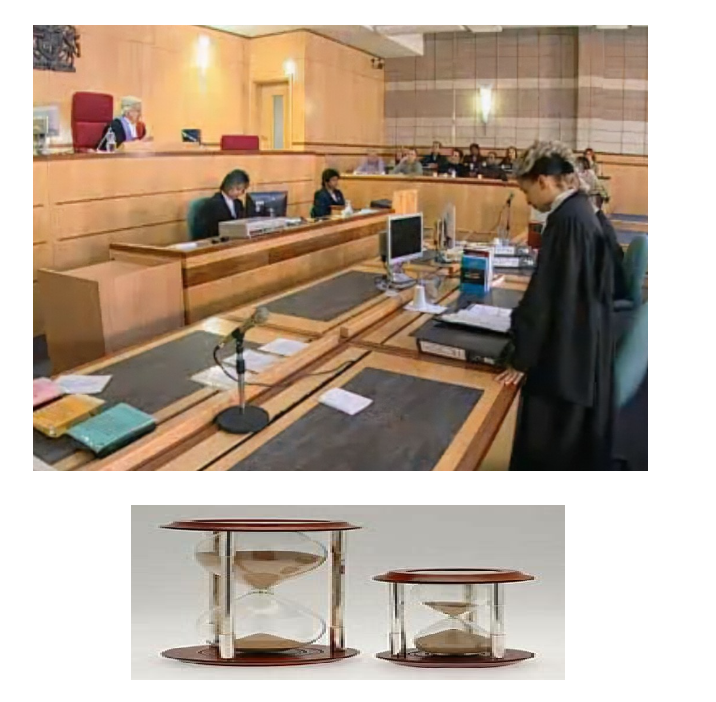Smith v Lees 1997 SCCR 139
Citation: Smith v Lees 1997 SCCR 139
Rule of thumb: Is a person’s reaction to something telling if something serious has happened to them? Yes, an adverse reaction of a person is generally indicative that something bad has happened to them. Evidence of distress could not corroborate the carrying out of physical acts of indecent assault, though it can still be used to corroborate, in an appropriate case, evidence of a lack of consent on the part of the complainer to the accused’s conduct and the use of force by him.
Judgment:
2 foundational points of evidence were established by the Court. In terms of the first procedural point, the Court held that for a criminal prosecution there must be corroborated evidence meaning 2 forms of direct evidence, or, one form or direct evidence, and circumstantial evidence from at least 2 eye witnesses which is deemed to constitute direct evidence. The Court gave the specific example that if someone says they have been raped, and there is evidence of emotional distress afterwards, then this counts as a form of corroboration. Secondly, in terms of evidence, the Court held that where there are 2 forms of direct evidence or 1 point of direct evidence and 2 sources of circumstantial evidence, then the prima facie case on the evidence is corroborated and fairly solid. Thirdly, the Court held that someone’s reaction after an event is a form of evidence which is important, "This argument raises very basic issues about the role of corroboration in our law. It is all the more important therefore to remember that the Crown can establish many facts in a criminal case by uncorroborated evidence. But there are certain facts which can be established only by corroborated evidence. These facts are variously described as 'fundamental' or 'crucial' or 'essential' facts or as the facta probanda, the facts which require to be proved. They are the elements which need to be established if the accused is to be found guilty of the crime in question...", Lord Justice General at 78

Warning: This is not professional legal advice. This is not professional legal education advice. Please obtain professional guidance before embarking on any legal course of action. This is just an interpretation of a Judgment by persons of legal insight & varying levels of legal specialism, experience & expertise. Please read the Judgment yourself and form your own interpretation of it with professional assistance.

